
A look at last week's top stories in the world of pharmacy.

A look at last week's top stories in the world of pharmacy.

HIV-associated cardiovascular disease is on the rise among individuals living with the virus, particularly in regions with limited resources.

Top news of the day from across the health care landscape.

Study evaluates doravirine once daily compared with ritonavir-boosted darunavir, each taken in combination with other antiretroviral agents.
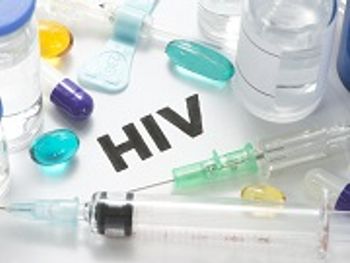
Use of Truvada (emtricitabine 200 mg and tenofovir disoproxil fumarate 300 mg) for HIV prevention was associated with a significant decline in new diagnoses across the United States.

As people living with HIV now have a normal life expectancy, the burden of comorbidities is on the rise, and more than half of deaths in the patient population are attributable to the these comorbidities.
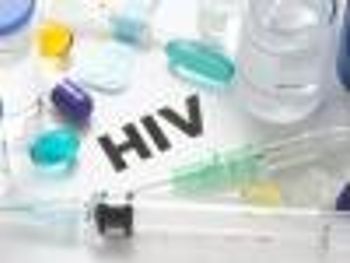
Nationwide analysis of Truvada for pre-exposure prophylaxis use finds uptake associated with significant decrease in new HIV infections.
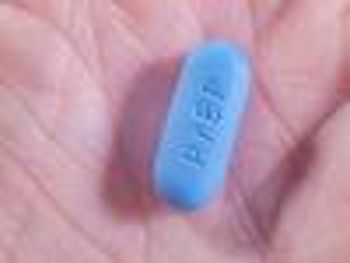
A new study suggests that pre-exposure prophylaxis (PrEP) could also serve as a gateway to primary care services.

Top news of the day from across the health care landscape.
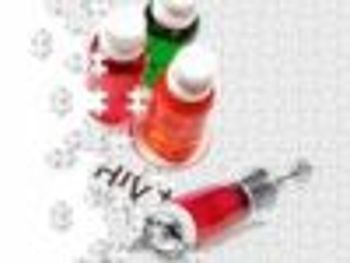
The HIV pandemic will likely continue to be a global challenge for the foreseeable future.
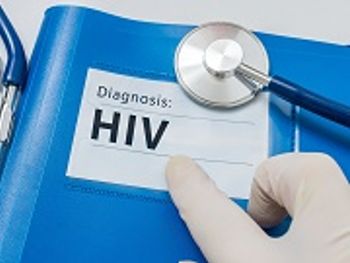
Symtuza (darunavir 800 mg, cobicistat 150 mg, emtricitabine 200 mg, and tenofovir alafenamide 10 mg) is the first and only complete darunavir-based single tablet regimen (STR) for the treatment of HIV-1 in treatment-naïve and certain virologically suppressed adults.

The approval is based on data from 2, phase 3 studies, AMBER and EMERALD, which evaluated the safety and efficacy of Symtuza compared with a control regimen in adults with no prior antiretroviral (ARV) history and in virologically suppressed adults.

Symtuza (darunavir 800 mg, cobicistat 150 mg, emtricitabine 200 mg, and tenofovir alafenamide 10 mg) offers a new treatment option to adults living with HIV.
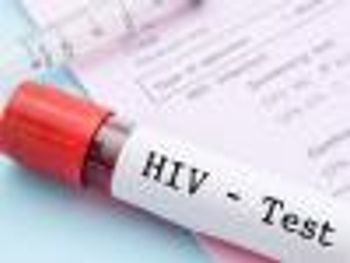
Health care providers who offer HIV tests encourage patients to integrate preventive screenings into their health care routines.

The CDC and FDA are currently investigating a multistate outbreak of Cyclospora infections (cyclosporiasis) linked to McDonald’s salads.

Mobile health interventions have the potential to help people living with HIV improve engagement in care, promote medication adherence, and in turn, improve patient outcomes.
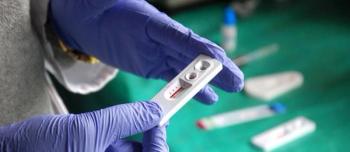
Point-of-care testing can help patients determine whether or not they need to see a prescriber for an antibiotic or for other types of treatment, and it can address the growing primary care provider shortage.
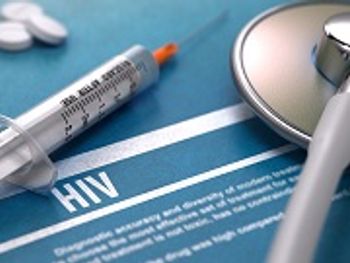
An experimental HIV-1 vaccine regimen was well-tolerated and produced immune responses against HIV in humans and rhesus monkeys.

The American Journal of Medicine has published a new article that describes the reemergence of neurosyphilis and identifies HIV coinfection in individuals in Western countries as a key risk factor.

The American Journal of Medicine has published a new article that describes the reemergence of neurosyphilis, and identifies HIV coinfection in individuals in Western countries as a key risk factor.
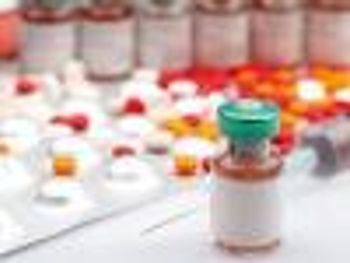
New study results indicate that an experimental mosaic HIV vaccine may have the potential to protect against a wide-range of global HIV strains.

Study suggests that super receptors on immune cells can eliminate HIV among genetically diverse patients.

Between 33% and 38% of youth living with HIV use tobacco.

Tobacco is the leading cause of premature mortality among adults living with HIV.
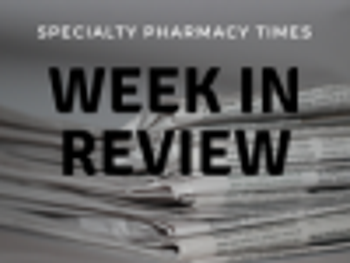
Top news of the week from Specialty Pharmacy Times.